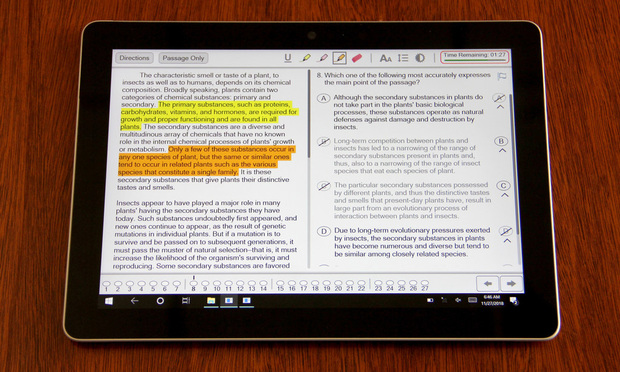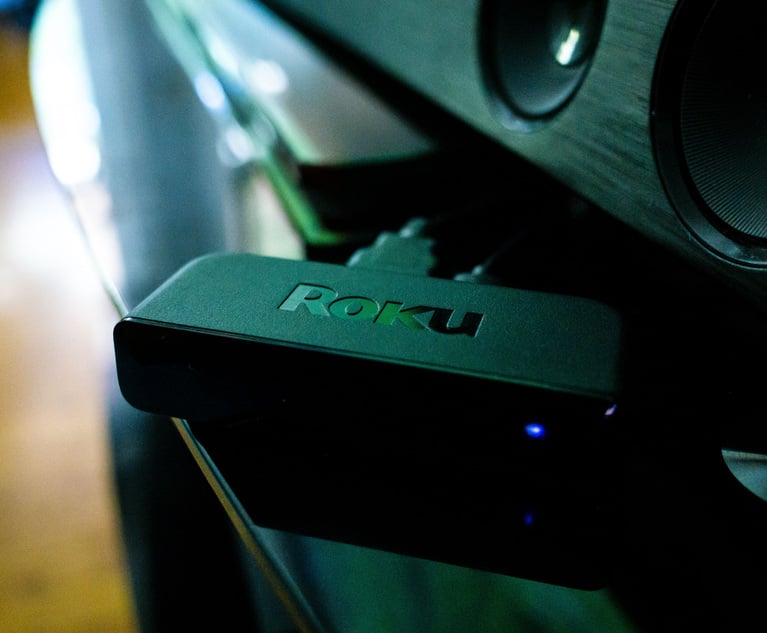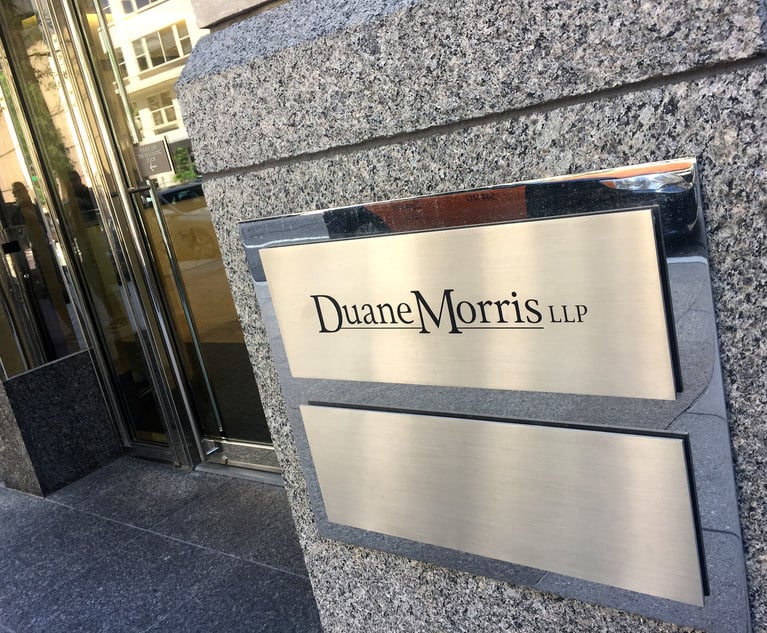The maker of the Law School Admission Test this month announced that it’s reinstating limits on the number of times people may take the entrance exam, just two years after doing away with its previous limits.
Starting in September, aspiring lawyers may take the LSAT no more than three times in a testing year, which runs from June through May. Additionally, people may not take the exam more than five times during the current testing year and previous five testing years, combined. In all, people may take the LSAT up to seven times total. The new limits are forward-looking and any scores earned prior to the September administration do not count toward the totals.

 The digital version of the LSAT.
The digital version of the LSAT.








